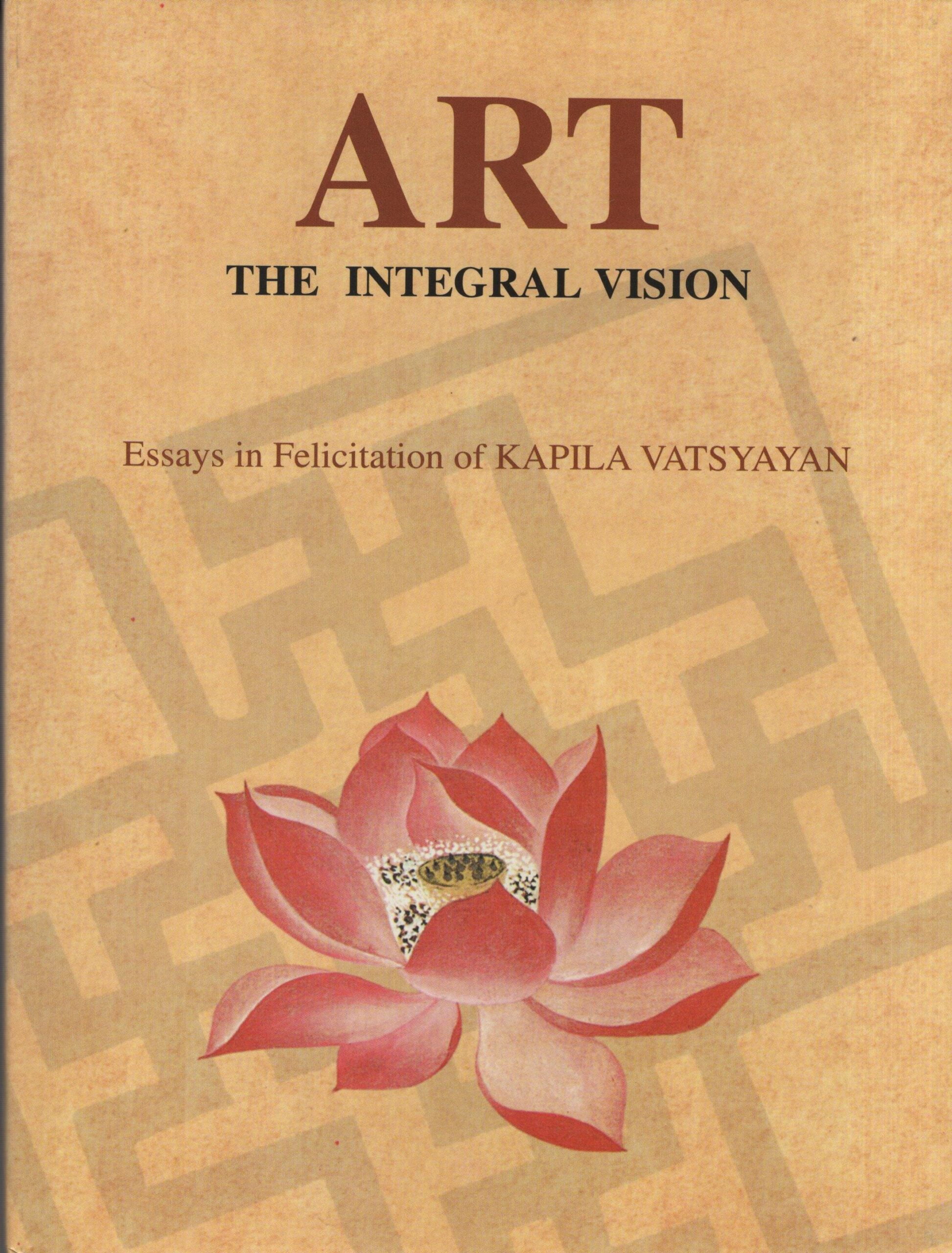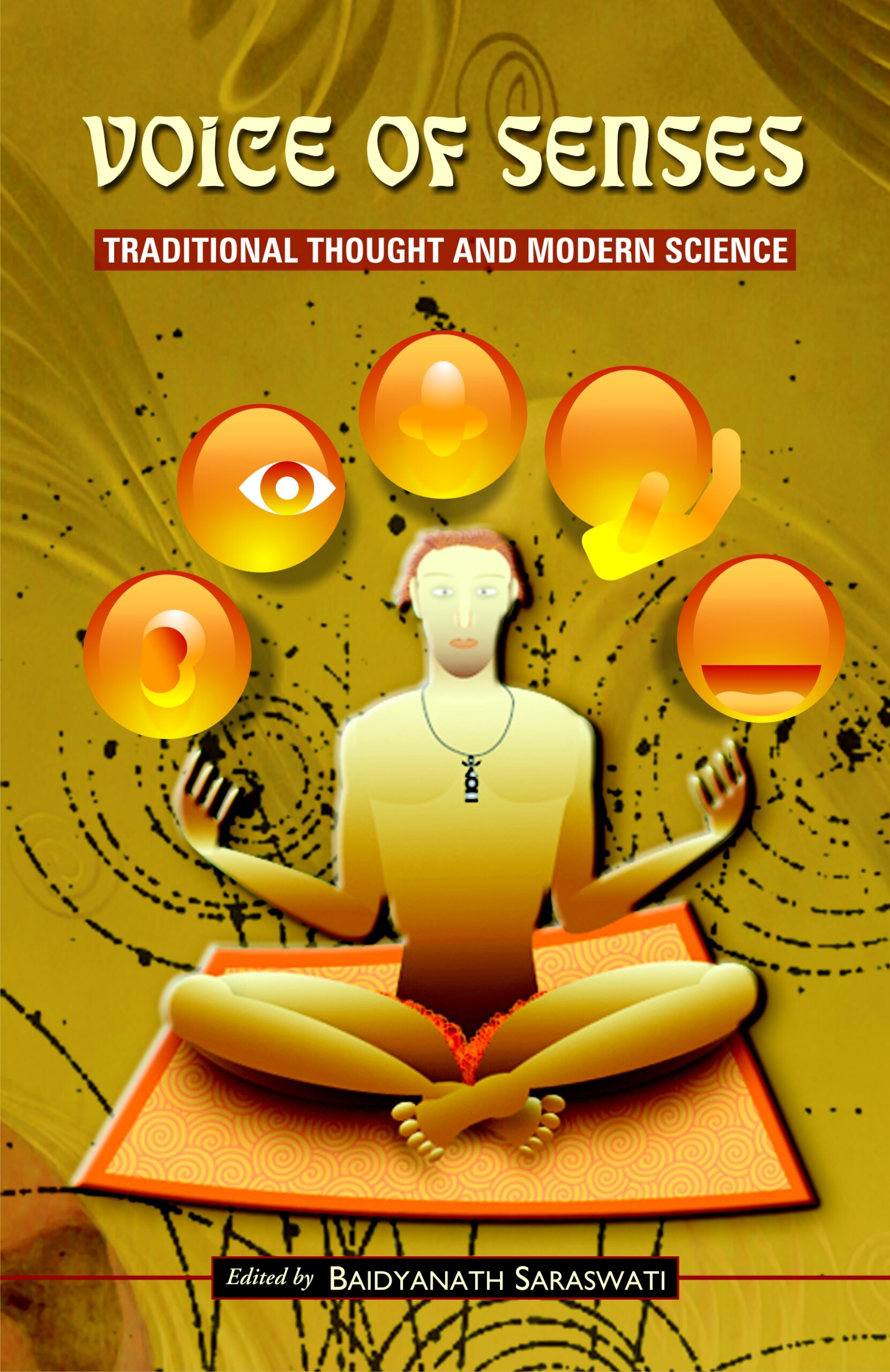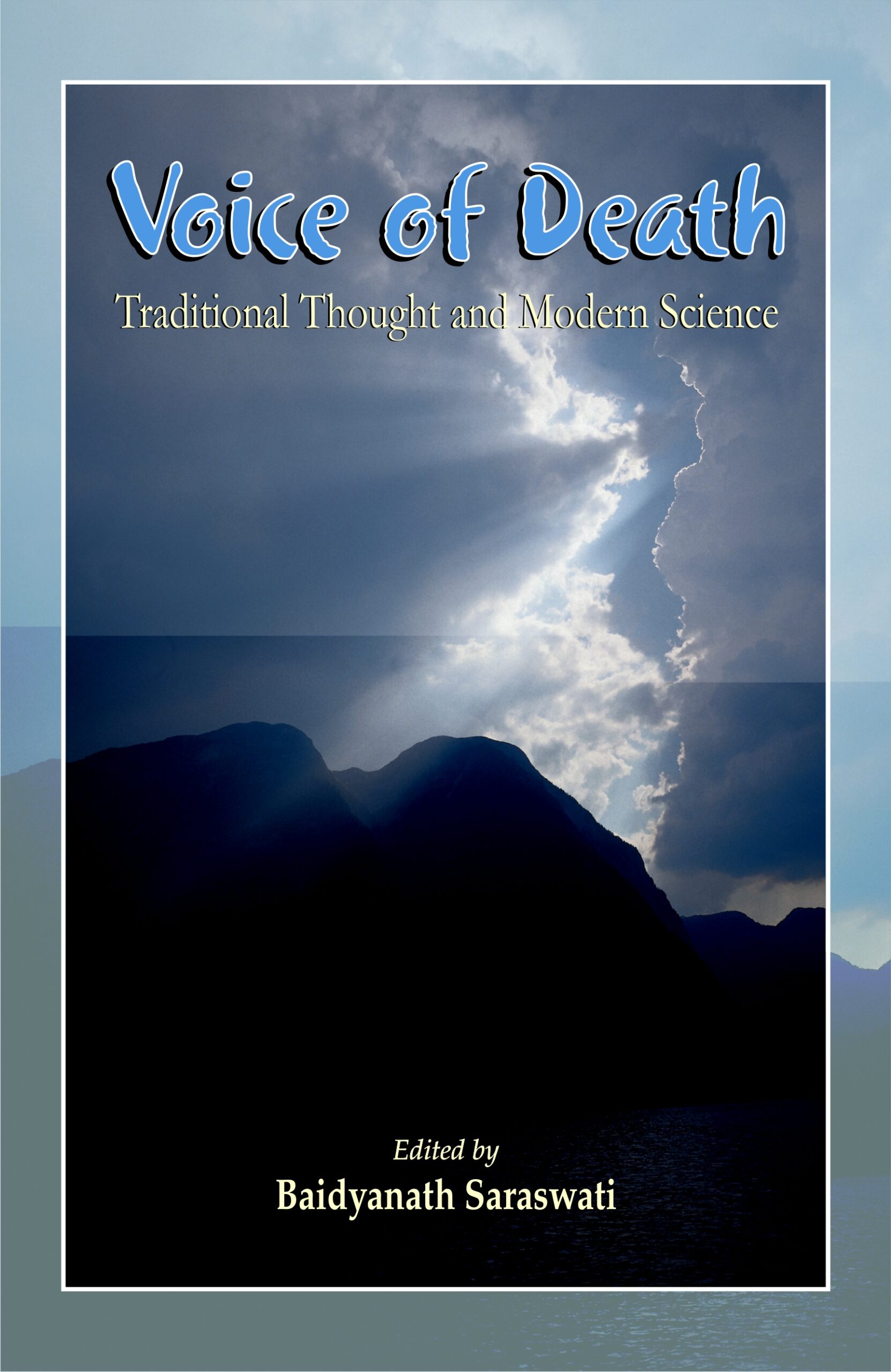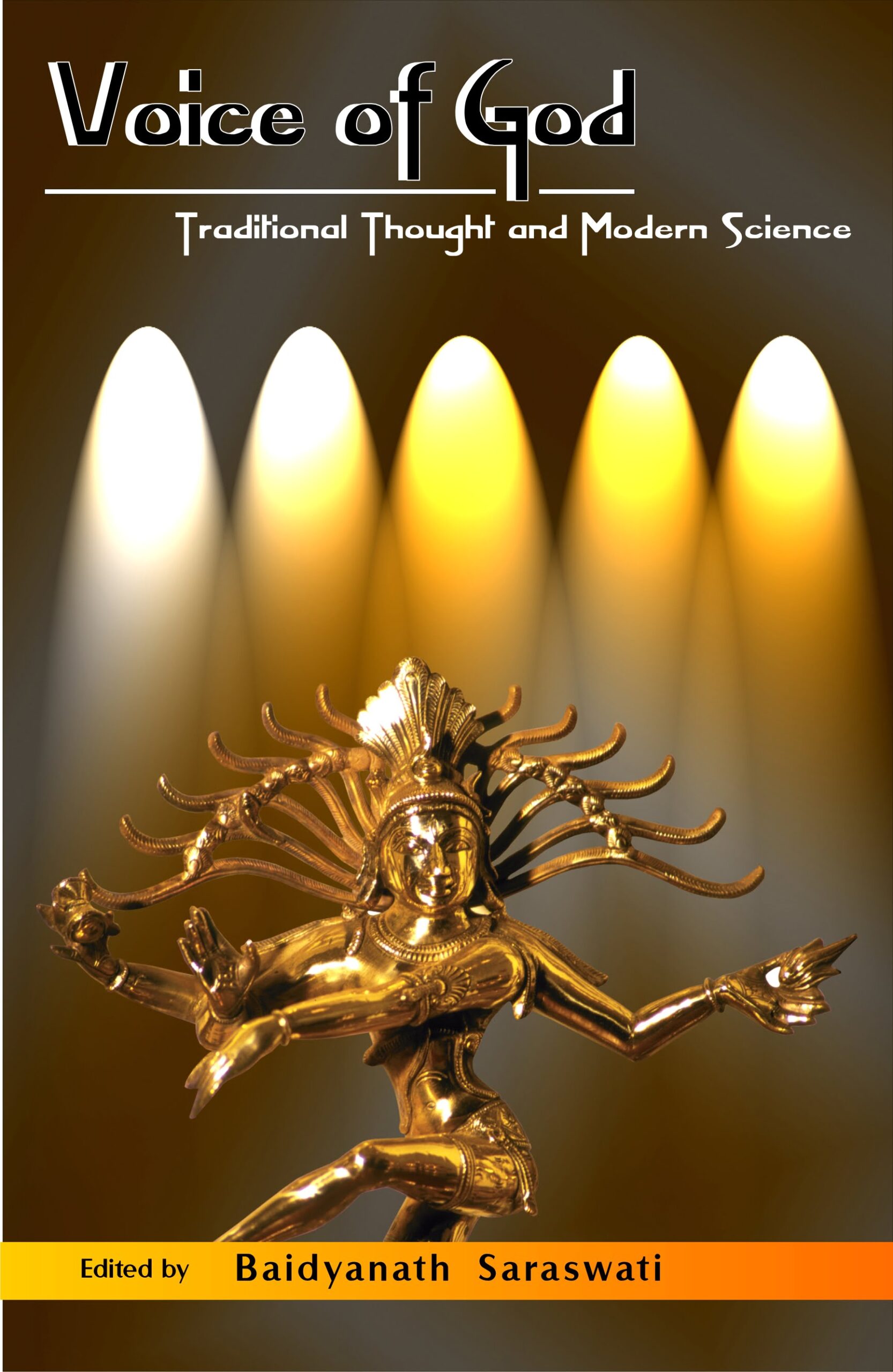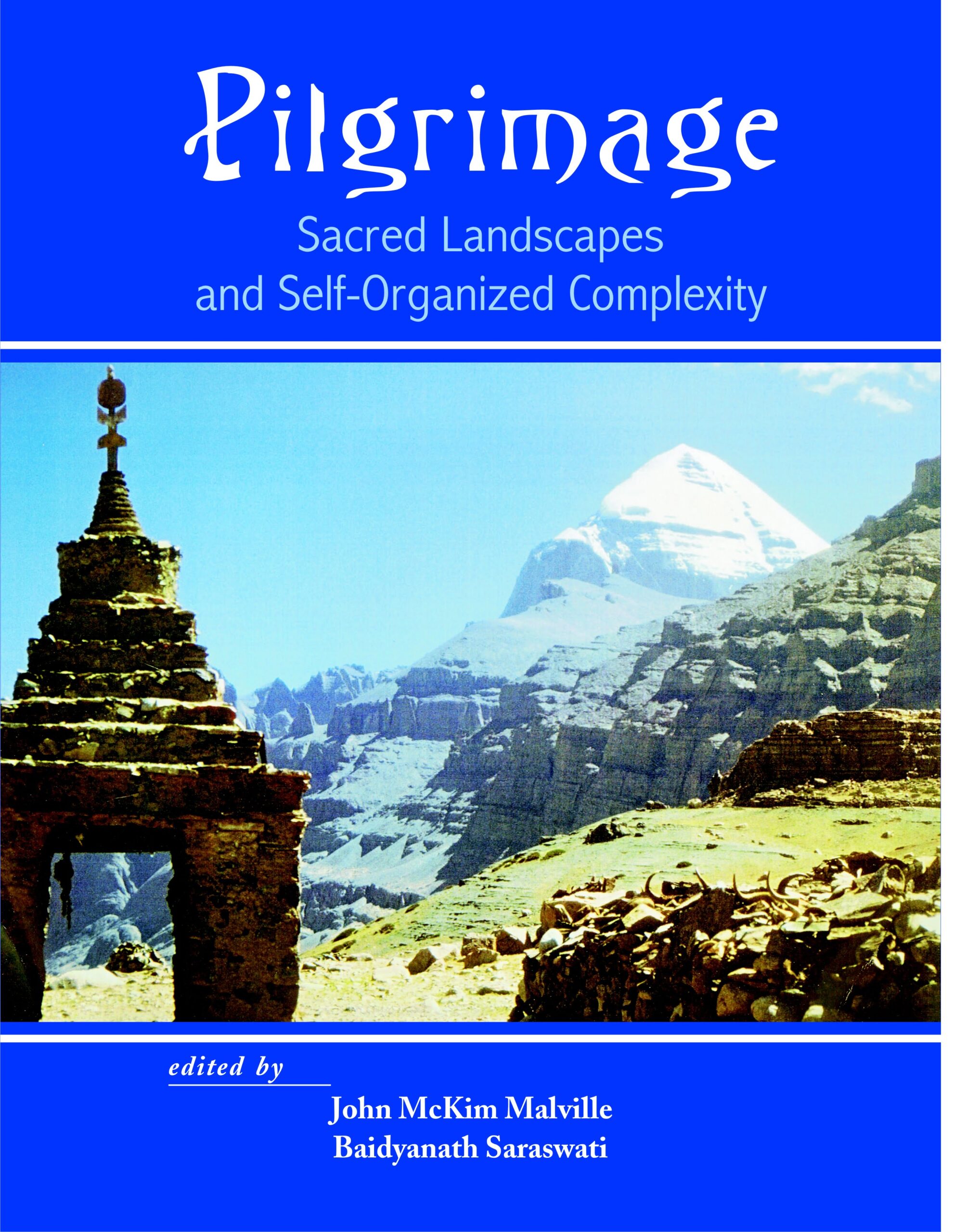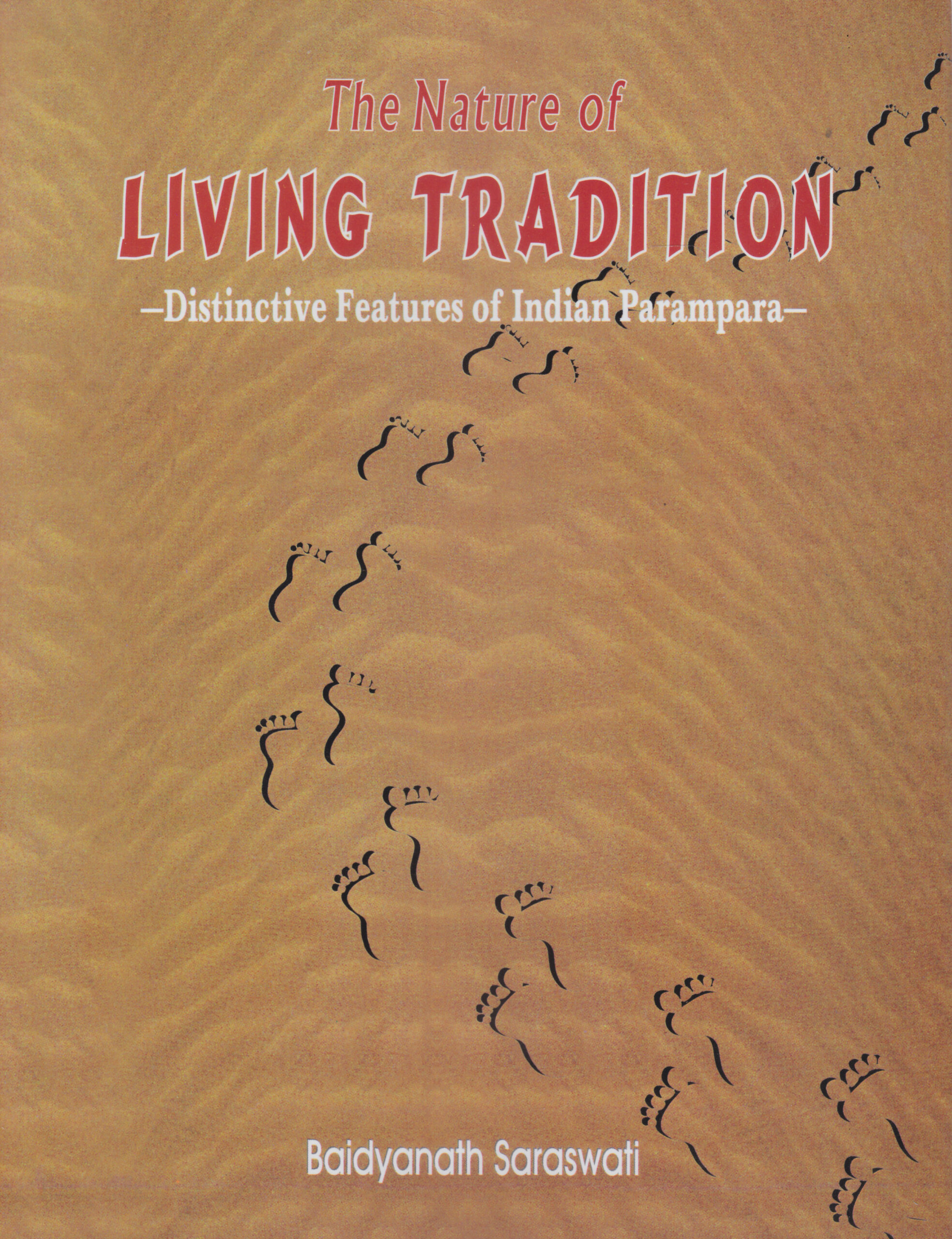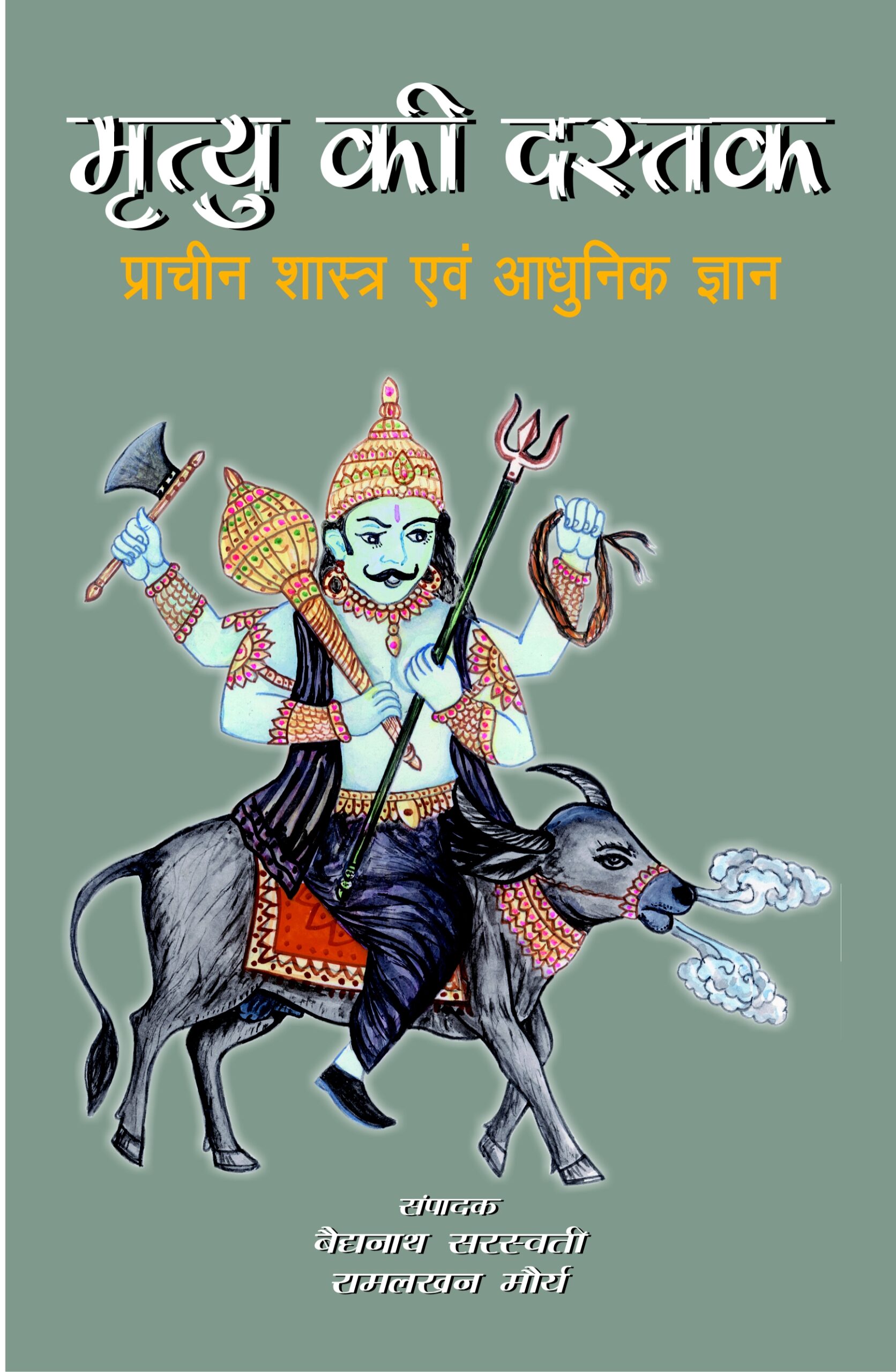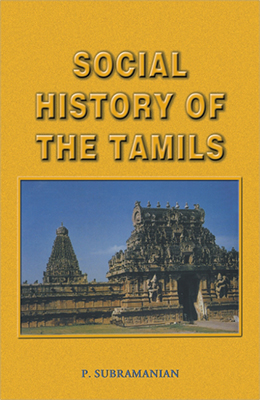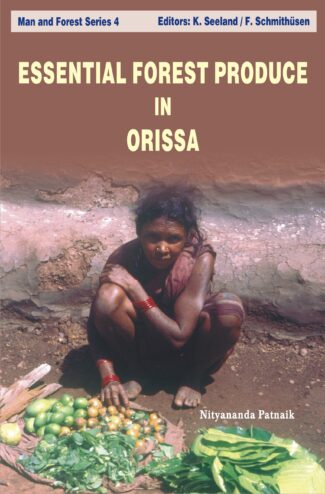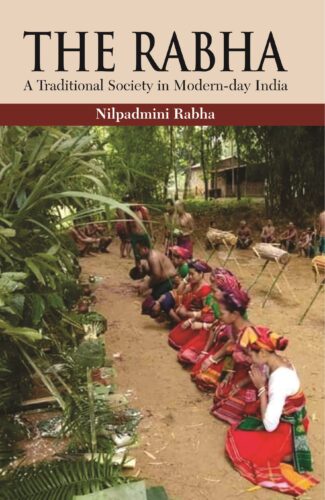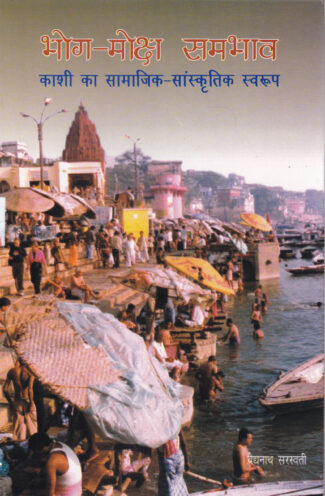

Bhog-Moksha Sambhava...
Bhog-Moksha Sambhava
Kashi Ka Samajika-Samskritika Svarupa by: Baidyanath SaraswatiThis book contains 57 essays on the history of Kashi. They highlight the important religions, sects, factions of Kashi and their involvement in cultural traditions social and economic.
₹850.00 Original price was: ₹850.00.₹765.00Current price is: ₹765.00.
ISBN: 9788124601518
Year Of Publication: 2000
Edition: 1st
Pages : xiii, 362
Language : Hindi
Binding : Hardcover
Publisher: D.K. Printworld Pvt. Ltd.
Size: 23 cm.
Weight: 700
This book contains 57 essays on the history of Kashi. They highlight the important religions, sects, factions of Kashi and their involvement in cultural traditions social and economic.
- Sale!Social History of the Tamils (1707-1947) by: P. Subramanian
₹1,600.00Original price was: ₹1,600.00.₹1,440.00Current price is: ₹1,440.00.Notwithstanding the prolificity of indepth researches in contemporary historiography, Professor Subramanian’s book is the first concentrative effort to track down the social history of the Tamils. Today, the Tamils, over fifty million of them, live in the south-eastern state of the Indian peninsula: Tamil Nadu — which indisputably represents the very nucleus of millennia-old Dravidian culture in India. The book offers a compelling account of the Tamils’ society, economy, religious beliefs, educational mechanisms, arts, and cultural expressions during the years 1707-1947 — when, significantly, the British domination blossomed, bloomed, and faded; when new thoughts, new ideas, and new ways of life came as irresistibly into the homeland of the Tamils as into the Indian subcontinent. Thus retracing over two centuries of the ‘British connextion with India’, the author here tries to show how the long colonial rule in India exposed the tradition-bound Tamilian society to Western influences — with results that proved incalculable in both their range and depth. Social History of the Tamils : 1707-1947 is the outcome of Professor Subramanian’s decade-long, painstaking research, authenticated by an astonishing mass of evidence including archival records, Jesuit sources, Modi (Maratha) manuscripts, newspapers’ reports, biographies, travelogues, literary writings, and even fictional works.
- Sale!Cultural Dimension of Ecology by: Baidyanath Saraswati
₹600.00Original price was: ₹600.00.₹540.00Current price is: ₹540.00.Urbanization. Industrialization. Market Economy. Technocentric Lifestyles. Degenerated Consumerism. Air, Water and Land Pollutions. These are some of the tell-tale expressions, recurringly surfacing in the concerns about ecological disturbances across the continents. Today, however, as we are headed for an ecological disaster, there is not only a growing awareness against the cornucopian technocentrism, but also a far-stretched disillusionment with the one-way exploitative, economic development. And even the national planners are being questioned: Can the law of a nation supersede the Law of Nature? Should the rights of the people be allowed to be destructively manipulated by the rules of power? Must the wisdom-tradition of our ancestors be shelved to accomodate the flagrant hypocrisies of the Planning tradition? As a part of the Unesco Chair activities at the Indira Gandhi National Centre for the Arts, a Conference: 13-16 October 1995, New Delhi, involved some of the highly reputed scholars in a stimulating dialogue on the Cultural Dimension of Education and Ecology. Its presentations are now offered in two volumes: setting out independently the Cultural Dimension of (1) Education, and (2) Ecology. Focussing on the ecological systems in the mountains, forests and islands vis-a-vis the hitherto-adopted modes of aggressive development, the 15 articles here underscore the urgency of changing the modern lifestyles, of befriending Nature and, above all, of returning to wisdom-tradition. Also included here are case-studies highlighting the aspects of culture that are being lived in the day-to-day lives of people even today! This collection is invaluable to environmentalists, social activists, economic planners, policy-makers, and cultural scholars working for the revival of traditional wisdom.
- Sale!Action, Freedom and Responsibility by: Subasini Barik
₹750.00Original price was: ₹750.00.₹675.00Current price is: ₹675.00.This book, a work on human doing, analyses and applies three central aspects of human life – Action, Freedom and Responsibility – in the wide spectrum of the Philosophy of Mind. Reflections on these issues and their interconnections have a significant effect on the Philosophy of Value and application of ethical theories in practical life. This book even reconstructs the conceptual connection between action and freedom, on the one hand, and that between freedom and responsibility, on the other.
It also puts the concepts of freedom and determinism to critical test and reinterprets them from different angles and perspectives. The conventional doctrine of karma, based on the teachings of the Bhagavadgātā, is relieved from its usual deterministic presentation and a logically reasonable explanation is offered.
Human actions and human agency are central concepts in the philosophy of mind and action. Free will and responsibility constitute the bedrock of the moral life of the human agents and the book pinpoints that freedom is meant to undertake the goal-oriented actions. It is, therefore, focused on the enquiry into the various aspects of philosophy of mind, as well as the philosophy of value. - Sale!Essential Forest Produce in Orissa by: Nityananda Patnaik
₹450.00Original price was: ₹450.00.₹405.00Current price is: ₹405.00.This volume is the 4th in the ongoing Man and Forest series a series trying to highlight the relevance of indigenous knowledge of various tribal communities in the sustainable management of forests and local resources more specially against the growing challenges of economic development vis-à-vis environmental hazards and a declining resource base. Orissas forests, covering a little over 57,000 sq km (or 36.72% of the states geographical area), are known to have a profusion of minor forest produce (MFP) which has been upgraded due to its importance for tribal livelihood and is called Essential Forest Produce (EFP) through the book. It comprises simple fodder and fuelwood to baffling medicinal herbs, besides numerous economically important plants yielding dyes, tannin, fibres, flosses, essential oils, edible fruits, seeds, leaves, honey among many other items. Yet, despite its enormous economic potential, about three-fourths of this forest wealth has so far been unutilized by the tribal communities largely because of its inaccessibility. With a holistic product profile of Orissas forests, an eminent anthropologist here looks for the rationale behind the vastly deficient utilization of its EFP identifying the entire range of causes: from the tribals incapacity to reach this forest resource to their exploitation by middlemen/traders/moneylenders to the larger forest policy issues. Dr Patnaik also proposes measures which would help tribals not only to actualize the inherent potential of EFP but, in turn, strengthen their economy as well. It is a painstaking empirical study of interest to social anthropologists, environmental activists, foresters, development economists, forest resource economists planners and policy-makers.
- Sale!The Rabha: A Traditional Society in Modern-Day India by: Nilpadmini Rabha
₹5,600.00Original price was: ₹5,600.00.₹5,040.00Current price is: ₹5,040.00.The Rabha is an ancient tribal community of the northeast area of India. With both a unique language and religion, they represent an ancient culture continuing to live in modern India; while some aspects of the Hindu religion appear to be assimilated by the community, the author is careful to note that they continue to retain much of their exclusive features, and points out some of those. The author goes to a great depth to present both the religious and social aspects of the Rabha people, and weaves a tapestry of the interrelationships between the two, which serves as the basis for the Rabha life today, as it has also functioned historically. She goes further, pointing out the changes of the Rabha that are occurring in modern Indian society, and points to some influences that modern religions are having on the traditional rituals and rites. With its in-depth study of the unique features of a little-known, ancient society of North East India, the text should be of considerable value for the sociologist, as well as the student of little-known tribal religions; it will also provide a great deal of knowledge to those who are trying to understand the changes that are taking place in modern Indian society, as well as other transitioning nations.


